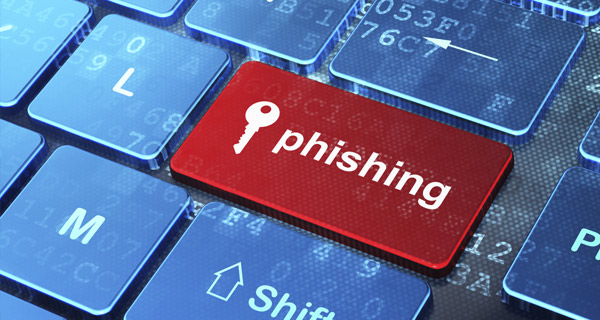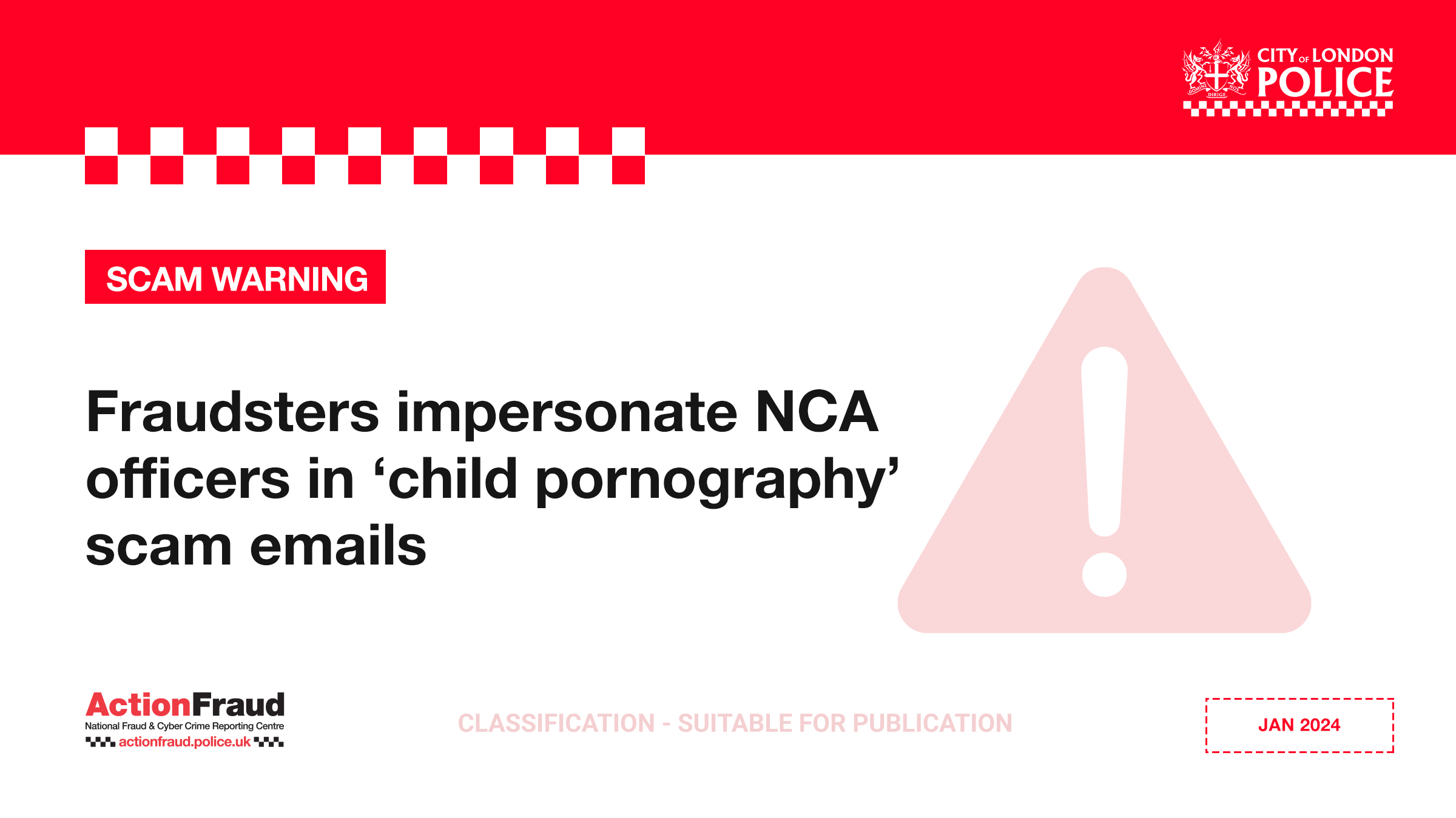BT is warning customers that fraudsters may target them with phishing emails requesting that they update their billing or account information.

The aim of the fraudsters is to gain your personal information that they can go on to commit identity fraud with.
BT will never send emails to customers in which they ask for any kind of sensitive information. Some emails look genuine at first glance, eg. purporting to be from ‘Technical Support’ teams at BT. However, if you are asked to supply sensitive information, such as your password, account details, log-in details etc, then the email is likely to be a phishing scam.
What should you do if you’ve received a scam BT email?
- Do not click on any links in the scam email.
- Do not reply to the email or contact the senders in any way.
- If you have clicked on a link in the email, do not supply any information on the website that may open.
- Do not open any attachments that arrive with the email.
If you have already submitted personal details in response to a scam BT email, or any other scam email, contact the company, eg. BT, immediately. If you have submitted your BT password, username, account details, or other sensitive information as a result of a phishing scam, change your password then contact BT on a known phone number – eg. the phone number printed on your bills. You must act fast to protect your account and personal information.
Read more about the scam BT emails on BT’s website.
Please note: Action Fraud is not responsible for the content on external websites.
To report a fraud, call Action Fraud on 0300 123 2040 or use our online fraud reporting tool.



